
The Benefits of Working With a Neurodivergent Therapist for Neurodivergent Clients
Finding the right therapist can be difficult. For neurodivergent clients, finding a therapist who truly understands their needs is often even harder. Neurodivergent clients often spend years being misunderstood, having their experiences invalidated, or told they are “too much” or “not trying hard enough.” Working with a neurodivergent therapist can feel noticeably different in ways that matter.
Shared lived experience can create understanding that does not require constant explanation. For many neurodivergent clients, that difference alone can change how safe therapy feels.

ADHD Stigma
ADHD stigma is considered one of several risk factors for negative outcomes of ADHD, including developing other mental health disorders such as anxiety, depression, alcohol/substance abuse, and eating disorders. Stigma of any kind is often connected to increasing the risk of suicide. A shocking fact about people with ADHD is that they are 3 times more likely than the general population to commit suicide.
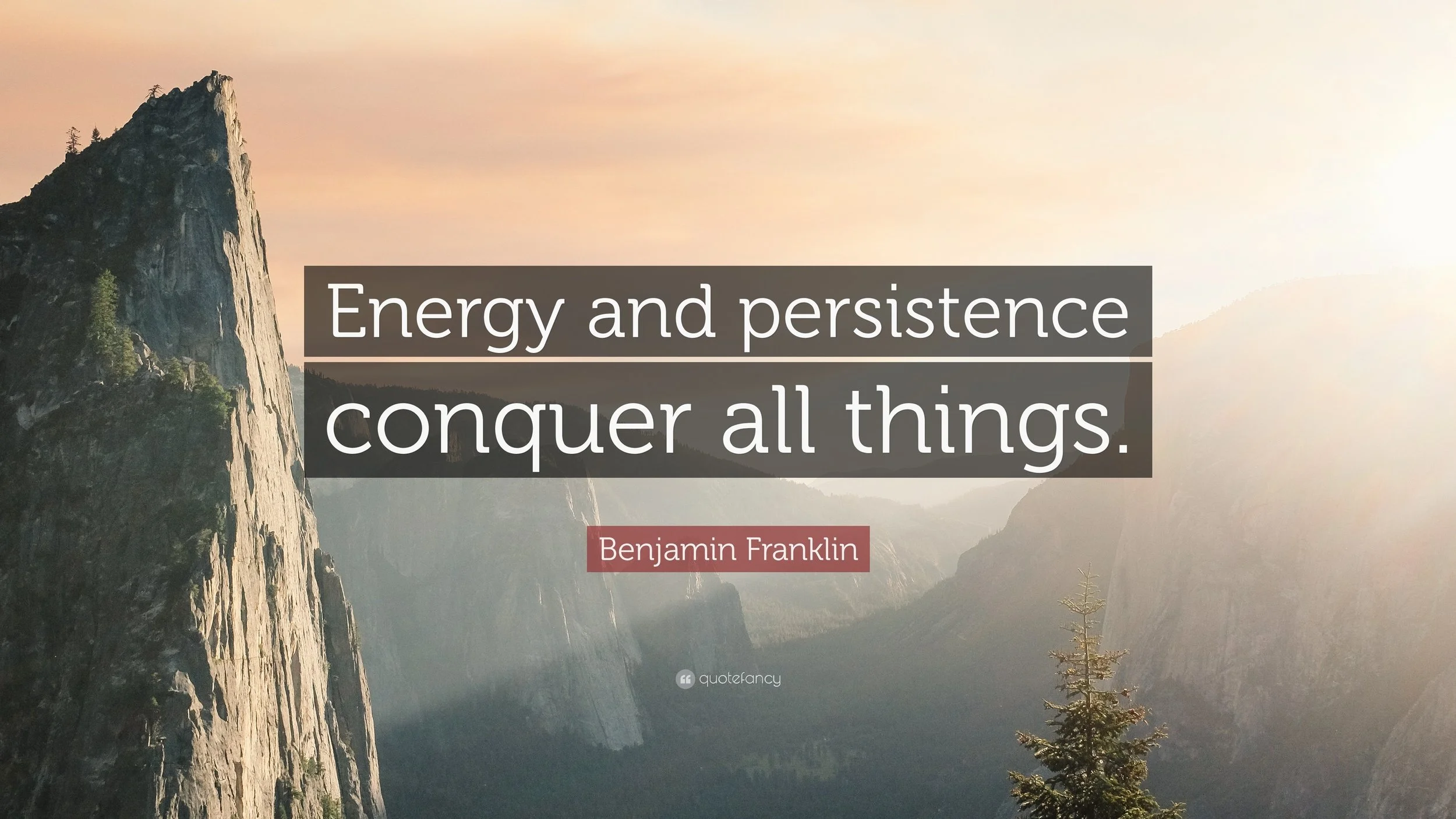
This is for the Parents in the Room - When should ADHD be considered for my child?
Even though ADHD can look different for each individual, there is a process for exploring a possible diagnosis. When we assess for ADHD, we are looking for what falls beyond the typical childhood behavior category and how their life is impacted by those behaviors and needs. If you’re noticing your child’s behaviors seem more intense, more frequent, or last longer than what is a developmentally appropriate behavior, that is a pattern to note. We also want to reflect on how their functioning is being impacted by their behavior. Let’s look at the 2 most common settings, home and school, and see what we notice…
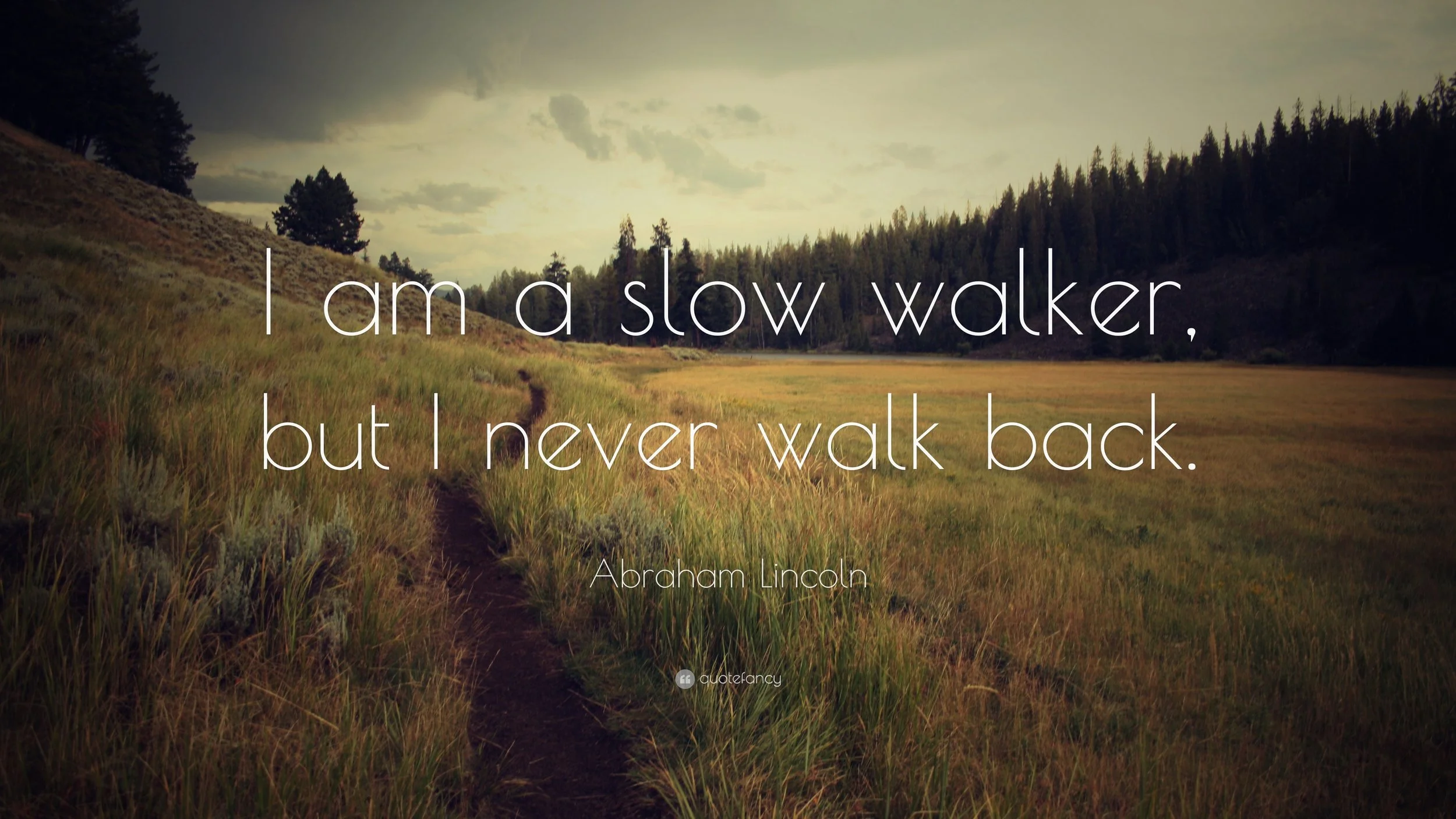
New Year, Same You
Making sense of the passing of time can be hard, and sometimes we try to help ourselves understand this by setting goals. Therapist’s love goals! We set goals with our clients all the time. Goals themselves are not a problem, as long as you are kind to yourself and give yourself the grace to have harder days.
Here are some ways to think about the new year and set goals in a more positive way.
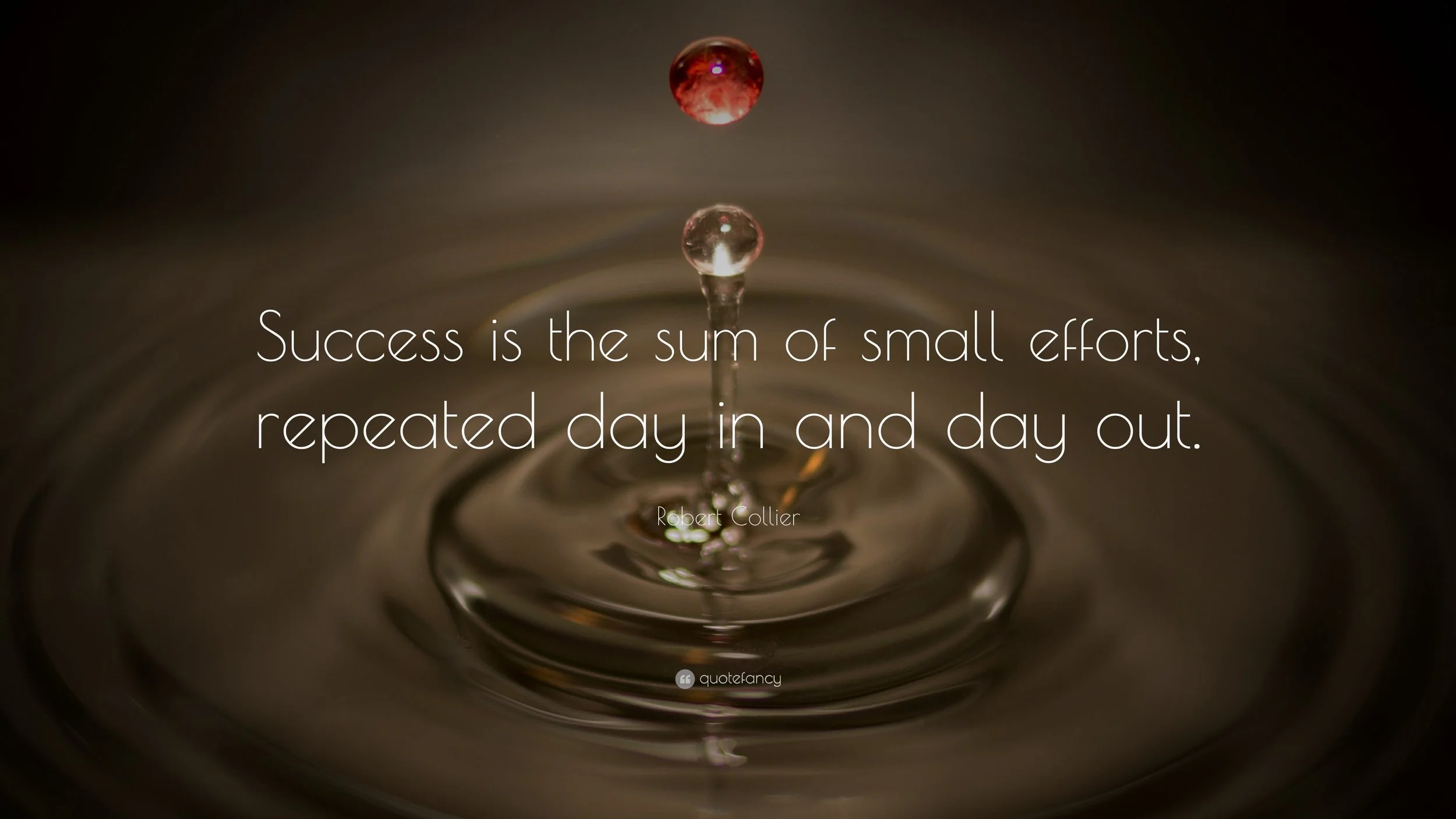
Positive Psychology
Positive psychology, promoted by psychologist and researcher Martin Seligman, encourages individuals to adopt—you guessed it—a positive outlook on life. But not in the way that Instagram influencers often encourage toxic positivity. Benefits of positive psychology include increased self-esteem, improved relationships, and a better outlook on life. To me, those all sound like things we are very much in need of as we see to the start of 2021. This isn’t to ignore all the seemingly insurmountable negatives from the past year, however focusing only on those discounts the little moments that help us get through those huge, life-altering events that are usually out of our control. What we can do is tap back into personal strengths, gratitude, wellbeing, and feelings of hope, compassion, and optimism that motivate us to get through the day.
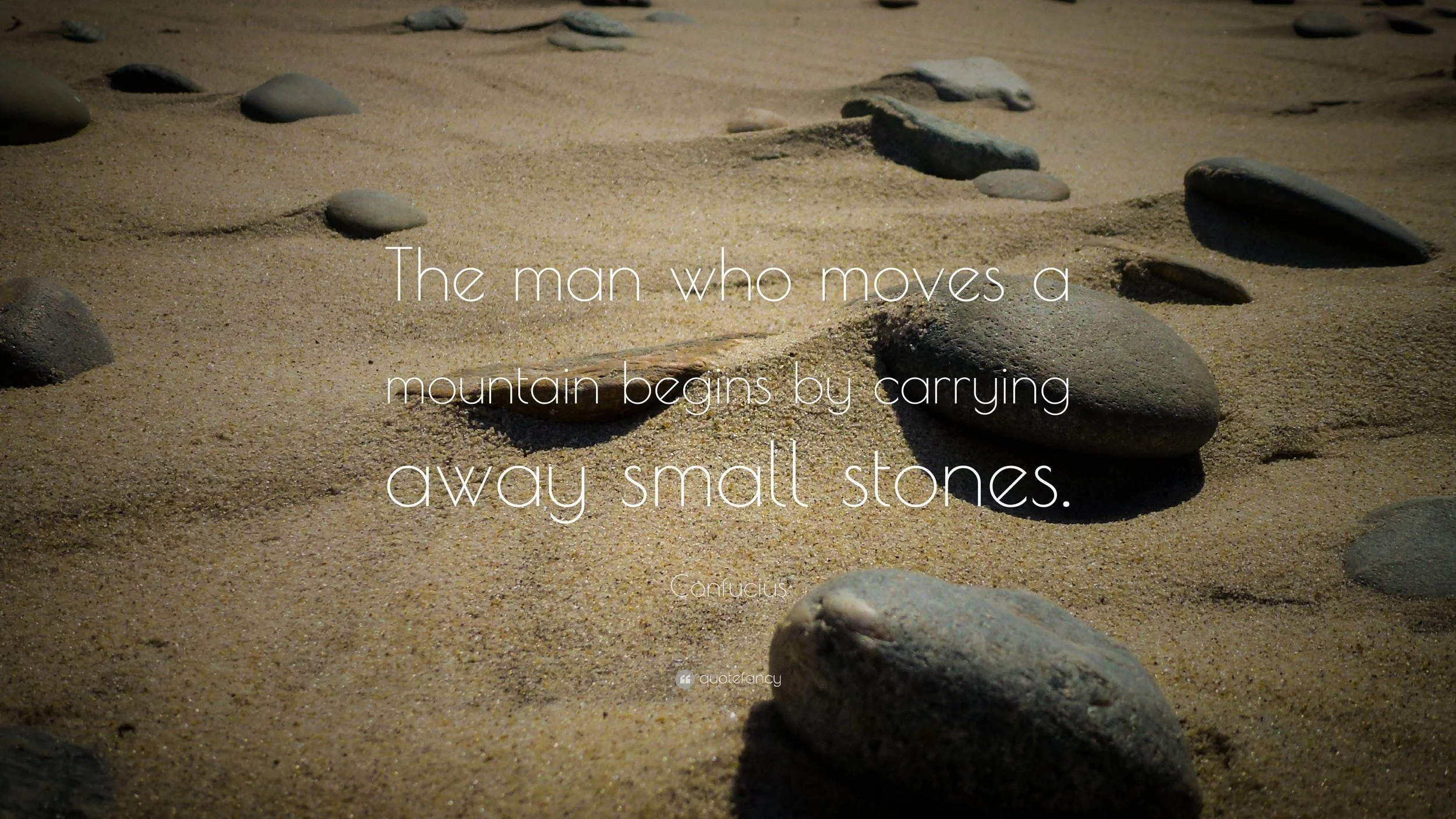
Understanding Negative Emotions
Everyone feels sad sometimes. Sadness is a normal, healthy human emotion. We feel sad when we lose someone, when someone we love is going through a hard time, or when we are disappointed. We feel sadness when less significant things happen too- our favorite restaurant is closed, or it rains on a day we plan to be outside. Depression is not the same. It is a diagnostic term that means someone is feeling a combination of different symptoms that get in the way of normal, everyday functioning. Depression is sometimes used in place of sadness, but, in a clinical setting, these words are completely different. Sadness can be an aspect of depression, but both can exist on their own.
But how can “bad” emotions be helpful?
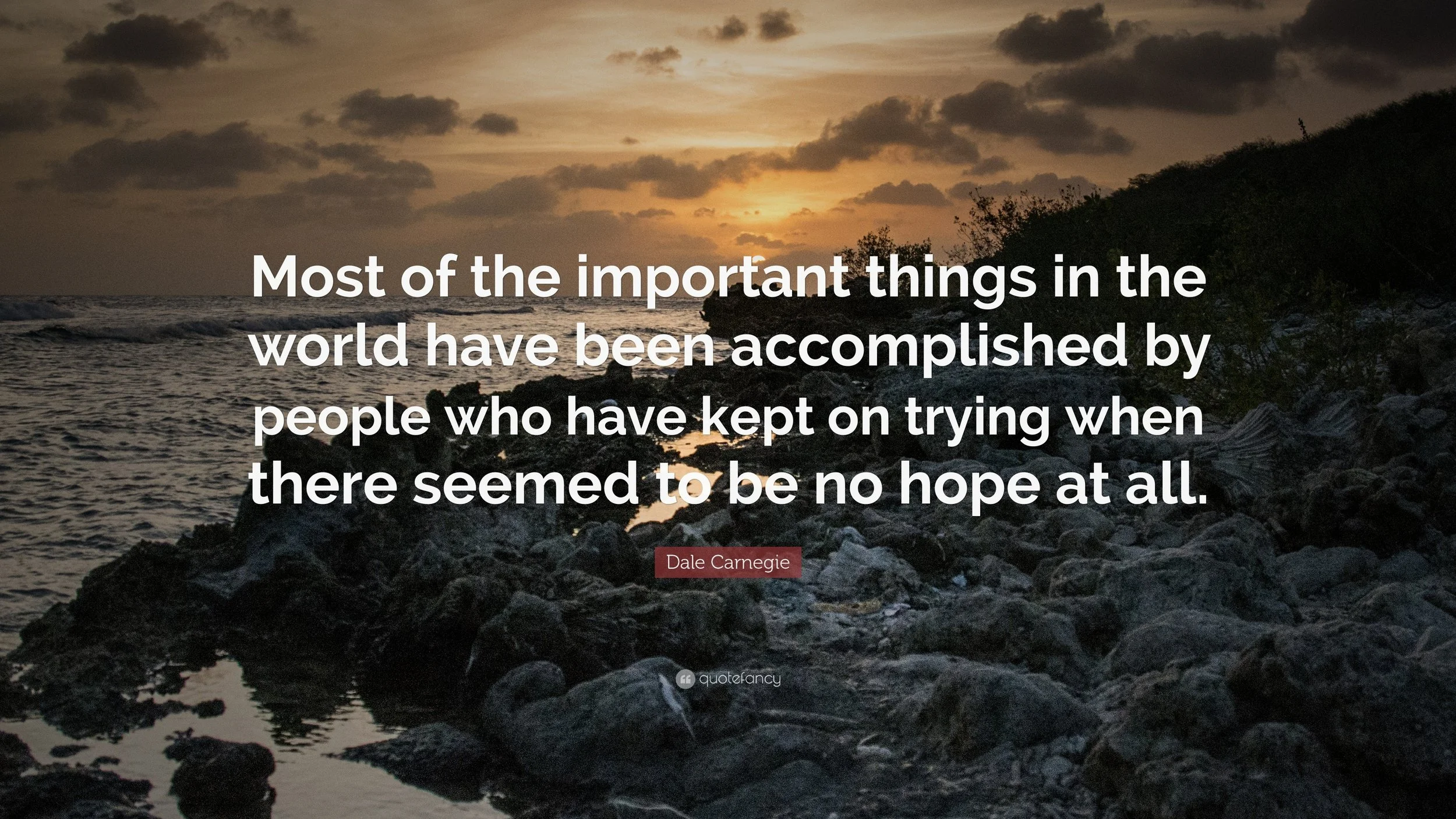
The Power of Humor
Often, though not always, what we mean is that humor makes us feel better. Humor is an important tool in relationships of all kinds, and humor comes up often during therapy. For example, “Opposite Action” is a coping skill commonly taught in Dialectical Behavior Therapy. Opposite Action is doing the opposite of what you feel to counteract the feeling or urge. In the case of humor, it could mean making a joke or attempting to laugh when you are feeling sad. Laughter can also bring people together, in the case of a shared sense of humor, or an inside joke, or can help us process an embarrassing event or moment.

How to Spot Depression in Children
Sometimes, a child’s sadness may be more than the typical emotional response we might expect. If your child is experiencing sadness over a long period of time, overall low mood, or it seems like their sadness is becoming a part of their personality, your child may be experiencing depression. Depression affects a child’s mood, thinking, and behavior. It can show up in all areas of life, including at home, school, with friends, and extra-curriculars.

A Beginner’s Guide to Radical Acceptance
Radical acceptance, developed by Marsha Linehan as a part of Dialectical Behavioral Therapy, or DBT, is the act of accepting experiences as they are, and not trying to force change. This can mean accepting the fact that you are feeling depressed, accepting that you are feeling let down by a friend, or, even accepting that you might not get enough sleep. The idea behind radical acceptance is if we accept that we have pain, we limit suffering. When we radically accept our own emotions or experiences, we feel more in control.

Be Careful, Be Brave
Spend time on any playground or park and you will hear adults (or even yourself) calling out to kids to “be careful”. We have the best of intentions and just want to keep our kids safe. We do not want our kids to get hurt. The internet is at our fingertips, telling us all of the terrible things that can happen to kids. We want them to be mindful of their surroundings. However, as great as our intentions are, telling our kids to “be careful” can actually be harmful to them. Here are four reasons why we should stop telling out kids to “be careful” and what to say to them instead.

Unhelpful Things to Say to Someone with Anxiety
Anxiety is the experience of excessive worry or nervousness related to life experiences. Many people experience anxiety in some form at some point in their lives. However, some people struggle with anxiety on a much greater scale and with greater frequency. People who have intense or frequent anxiety often feel misunderstood and belittled by those around them, and have a hard time describing what they might be feeling in order to ask for help. What is unhelpful to say to someone with anxiety? What might you say instead?
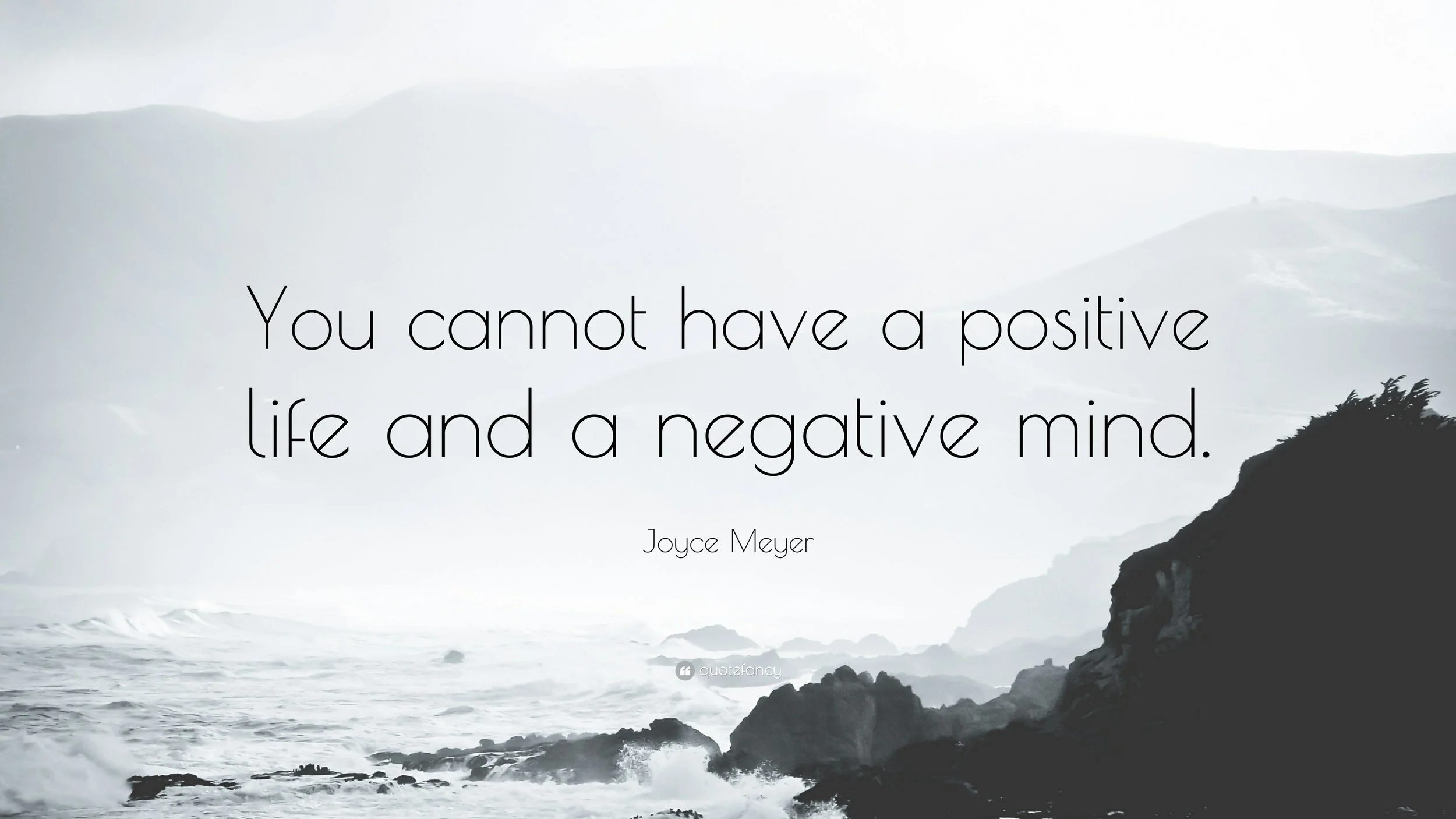
Positive Self Talk
According to growkidsminds.com, we talk to ourselves more than all other conversations combined. Self-talk makes up 80% of all of our communication! Self-talk is your internal dialog. It can be both negative and positive. What you say to yourself and how you say it matters. It influences how you feel and what you do. Positive self-talk is often a coping strategy we teach children (and adults) in therapy to decrease anxiety and depression and improve overall mood.

Assembling Your Coping Toolkit
A coping toolkit is exactly what it sounds like. It’s a collection of the coping skills, people, places, things, and ideas that help you to cope when symptoms of mental illness become overwhelming. Your tool kit is unique to you, and can be physical, mental, or some combination of the two. It depends on what works best for you. It can include ideas of where to go and what to do when you are experiencing overwhelming or distressing symptoms, it can include things like medication, it can even include a safety plan, if you ever experience self-harming behaviors or suicidal ideation or attempts.

The Dangers of Toxic Positivity
Often, toxic positivity creates a feeling of guilt for experiencing negative emotions at all. It can be trivializing to others’ experiences. If you are having a rough day, sometimes relying on positive vibes are enough to make you feel better. However-with depression, anxiety, and other mental illnesses-thinking positively does not make the symptoms go away. What this attitude does, instead, is imply that mental illness is simply a mindset that someone can get over.

Savoring: A New Mindfulness Method
What if we could find a way to be fully present (mindful) and it feels as though we are getting to do something? Guess what? You can! You can do this by intentionally looking for moments to savor throughout the day. Savoring is when we attempt to fully feel, enjoy and extend a positive experience. Savoring has been shown to have many of the same benefits of mindfulness including improving mood, leading to greater life satisfaction and increasing feelings of gratitude and appreciation.

Be Informed in a Healthy Way
Everyone likes to be informed. It keeps us aware of what’s happening in the world and lets us discuss current issues with others. However, just as the old proverb assures us, sometimes having no news is good for us. But we have to work at it in an age where we are bombarded with real-time updates from around the world.

Empty Nesting
Empty nesting can be scary, and many parents experience symptoms concurrent with grief. Like any period of change, time needs to pass to adjust to your new lifestyle. Your relationship with your child has changed, you may have a changing relationship with your partner, and your relationship to your own life may be changing as well. Feelings of sadness, worrying, and anxiety are completely normal and expected during this time.
So what can you do to help yourself?

How to Stop Overthinking: Tools to Quiet Your Inner Critic
Do you ever feel like your mind won’t stop talking? Maybe you lie in bed at night thinking about something you said, something you did, or something that might happen tomorrow. That is called “overthinking”, and it can make you feel very tired, sad, or even scared.
You’re not alone. Lots of people overthink. The good news is, you can learn to quiet your thoughts and feel more calm. Let’s talk about what overthinking is, why it happens, and some simple ways to help your brain slow down.
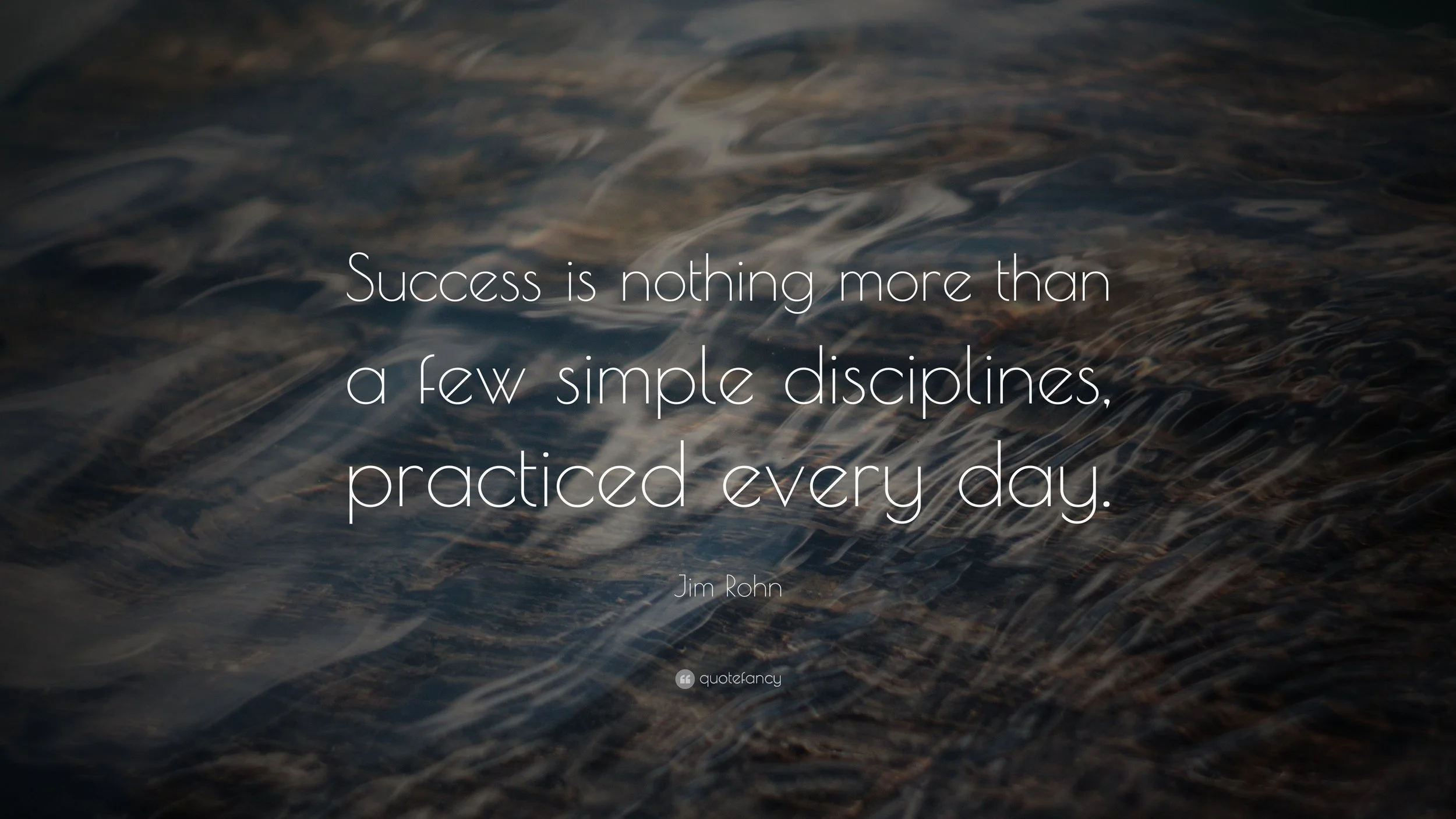
Let’s Talk About Apps
It is nearly impossible to stay current on all the apps that are presently available, let alone keep up on what is trendy, but “being in the know” is one way to protect your children online. As we continue our social media blog series, let’s tackle getting familiar with the apps and platforms teens and children are using.

Sleep and Mental Health
When we don’t have the energy to get out of bed, we may feel lonelier and more isolated. Stress can also exacerbate these problems. What is truly amazing is that, although rest is so crucial, is that humans often struggle with it so greatly. So what do we do when sleep alludes us? As most of us know, sometimes you just can’t fall asleep.
